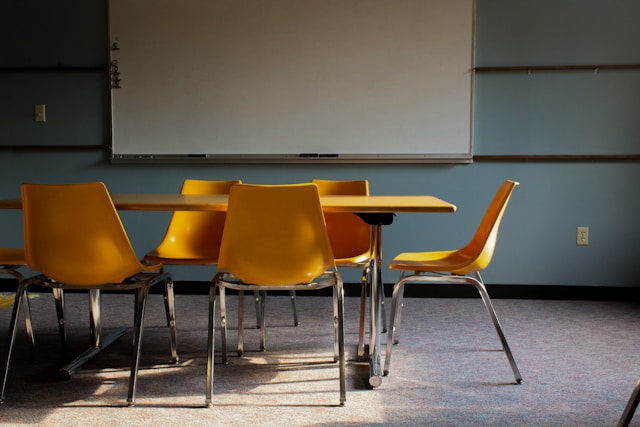The Ministry of Education, Culture and Science wants to strengthen the quality and use of digital learning resources and bring the learning resources market more into balance, this and more appears from the parliamentary letter 'Digitization and learning resources in primary education' by State Secretary Mariëlle Paul. With this Paul takes a number of important steps that are in line with the manifesto 'More grip on learning resources'. The PO Council is positive but still has a few comments.

Last summer, a broad coalition of education parties published a joint manifesto. With this manifesto, trade unions, sector councils and partners call for more public control, a fairer market for educational resources and the elimination of concerns about rising costs. An important point of attention in the manifesto is establishing quality criteria for educational resources. The quality alliance announced in the parliamentary letter could get to work on this. The PO-Raad is happy to contribute ideas to increase the impact and calls for involving teachers in the development of the quality frameworks, following the example of the Knowledge Table on Effective Reading Education.
Commissioned by the Secretary of State, KPMG conducted a study on the price development of teaching materials in secondary education. To the disappointment of the PO Council, primary education was not included in the study. Remarkable, especially since rising costs, undesirable revenue models and less freedom of choice also play a role in primary education. The PO Council calls for a similar study in primary education.
The PO Council appreciates the ministry's stance against undesirable developments in the educational resources market. The State Secretary writes in her Parliamentary Letter that she shares the concerns of the sector. Among other things, that educational publishers and distributors come into the hands of listed companies or private equity through takeovers.
The PO Council is therefore looking forward to the announced research from the Ministry of Education, Culture and Science and the Ministry of Economic Affairs on the structure and functioning of the educational resources market. Especially since profit maximization increasingly seems to be the driving force above good education. With regard to the educational resources market, the PO Council advocates working towards structural transparency regarding price and earning models. The sector association also endorses the call to strengthen the articulation of demand from schools, by becoming a member of cooperative SIVON.
The PO Council appreciates the state secretary's attention to digitization in education. A safe and well-considered use of digitization is a precondition for good education. The PO Council is positive about the extra financial support for SIVON and the plans to set up a program around the national basic infrastructure of schools for good digital education. The PO Council does still have the necessary questions about the AI regulation. The sector association would like to discuss with OCW how this regulation will play a role in education. The PO Council also sees that there are still many questions about the safe and responsible use of AI in the classroom.
The PO-Raad is positive about the initiatives from the Ministry of OCW in the field of learning resources and digitization. In various ways it contributes to a better functioning educational resources market and a smooth digital transition in primary education. The PO-Raad would like to remain involved in the next steps. This way we work together towards an educational resources market and digital transition that contribute to the quality of education in primary education.

